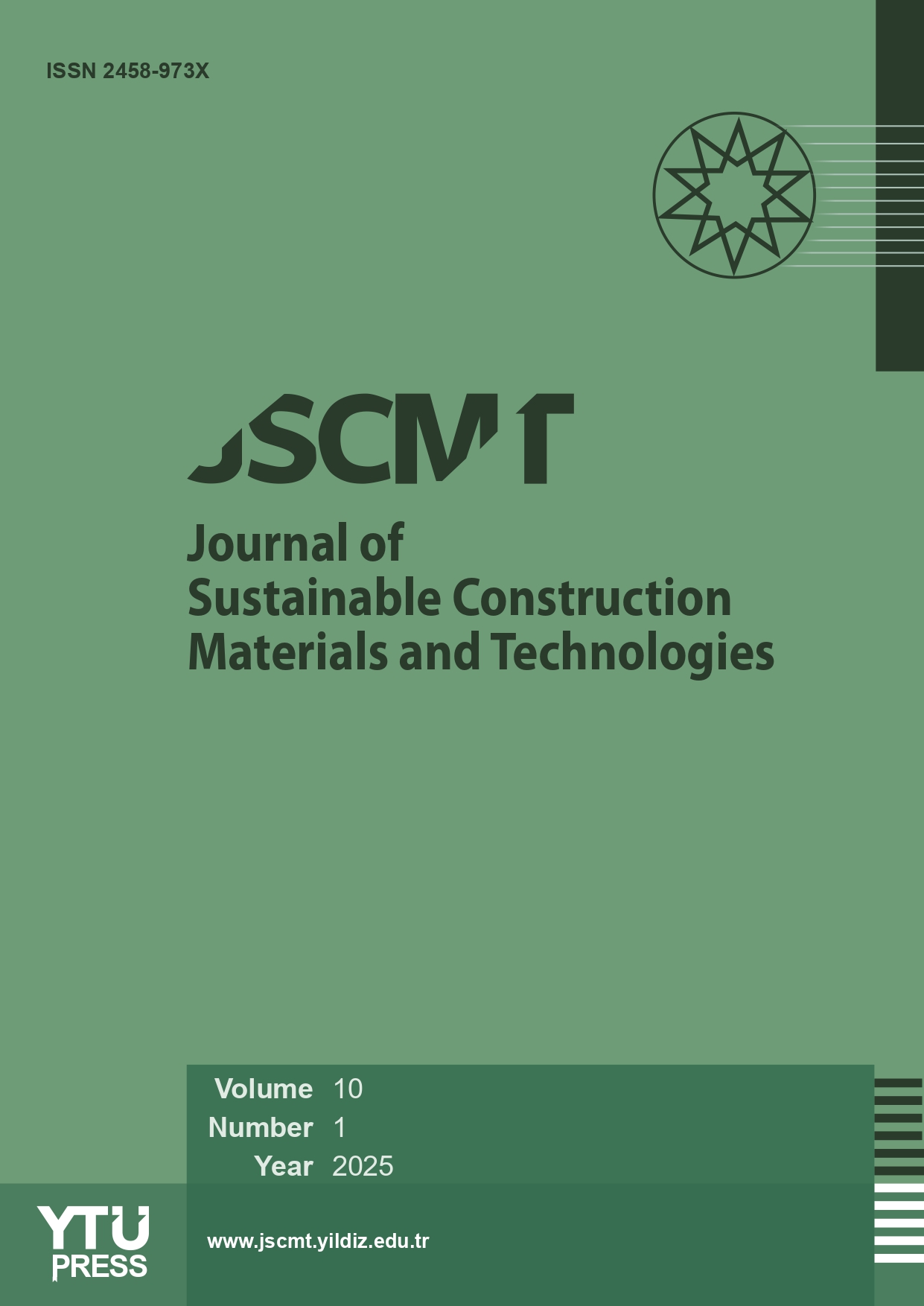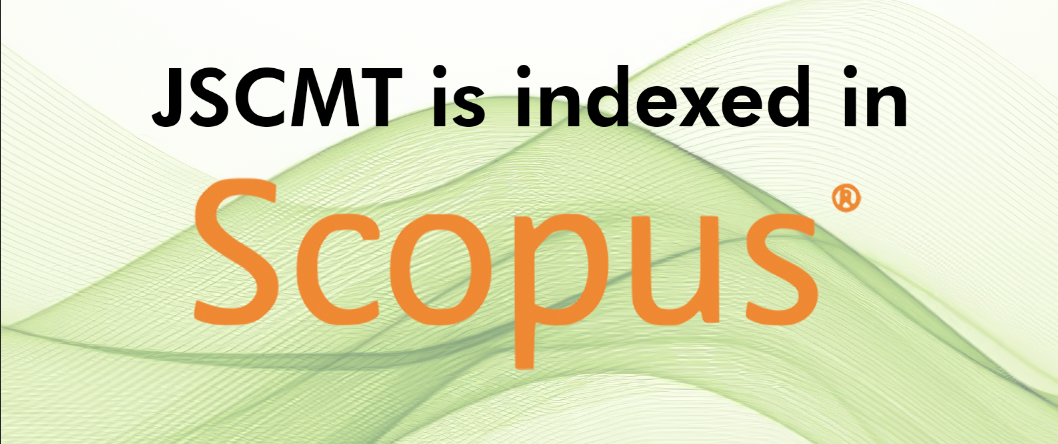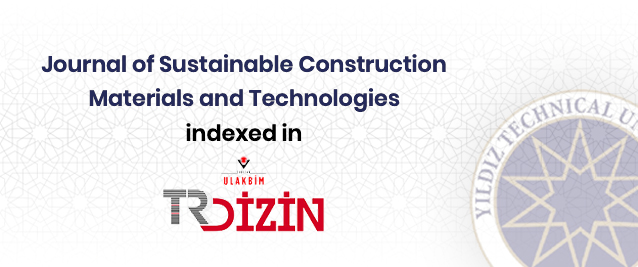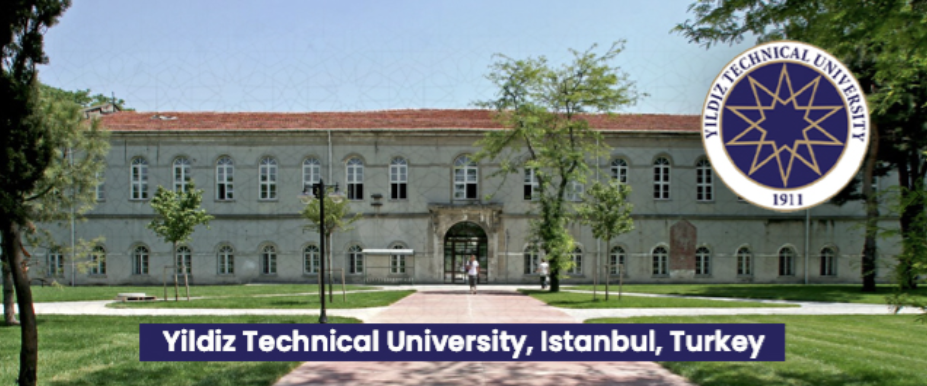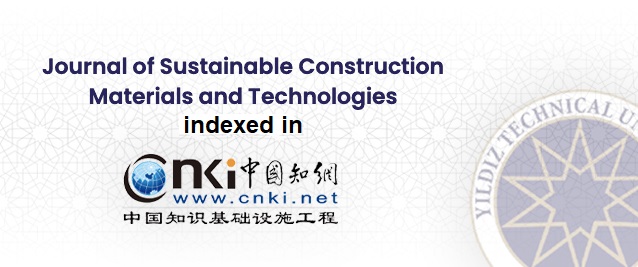Abstract
Sustainability has gained significant importance in civil engineering and other areas in recent years. Numerous studies have been conducted on using recycled aggregates to demolish various structures in this context. However, almost all these studies have focused on recycled aggregates from traditional concrete. This study investigated the usability of recycled aggregates obtained from pervious concrete produced in a laboratory environment for use in pervious concrete production. Natural aggregate was substituted with recycled pervious concrete aggregate at weight ratios of 20%, 40%, 60%, 80%, and 100%. The concrete series' compressive, flexural, and splitting tensile strengths, water permeability coefficient, porosity values, and freeze-thaw resistance were examined. Additionally, the microstructure before and after the freeze-thaw effect was analyzed using scanning electron microscopy. The results showed that recycled aggregates increased the water permeability coefficient and porosity but negatively affected the mechanical properties.


